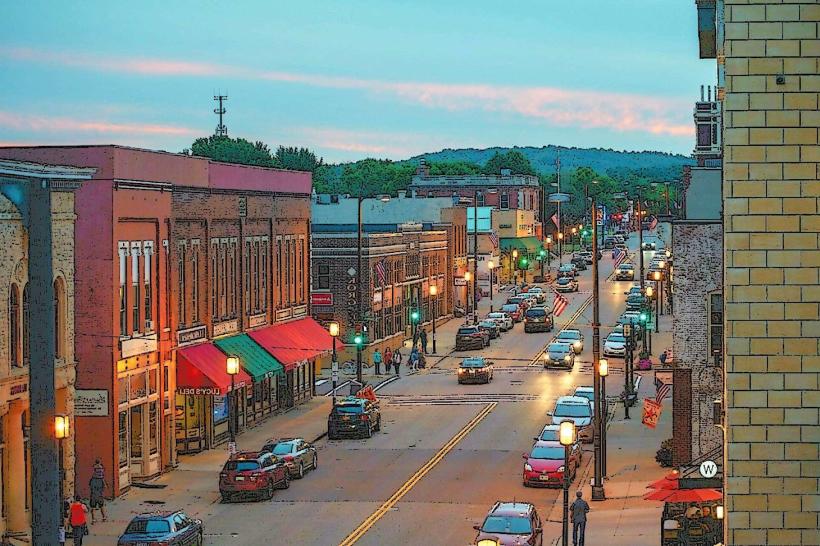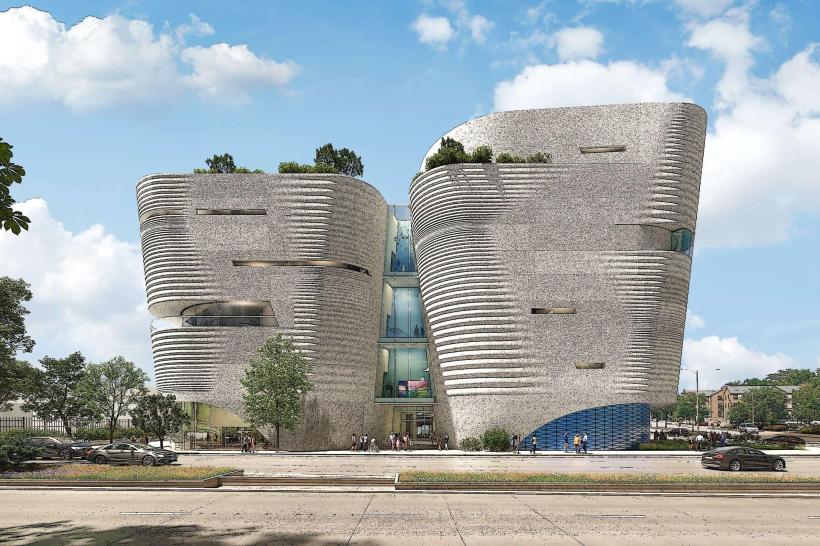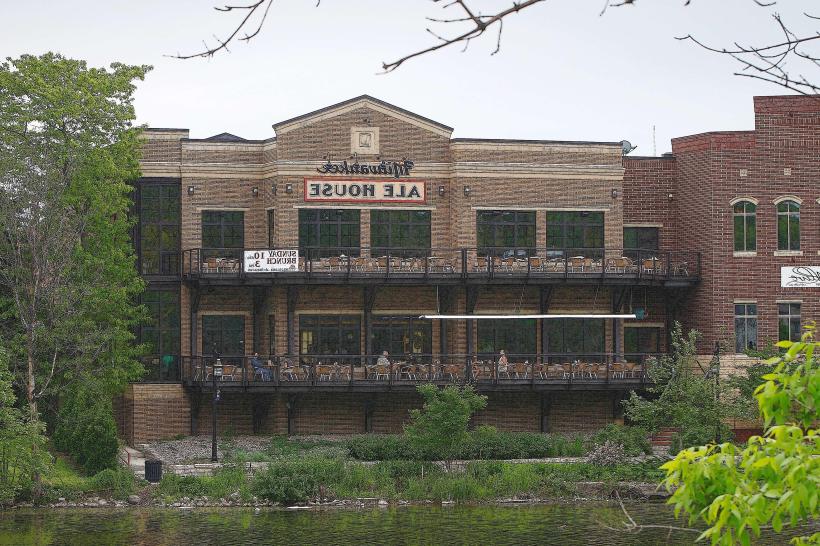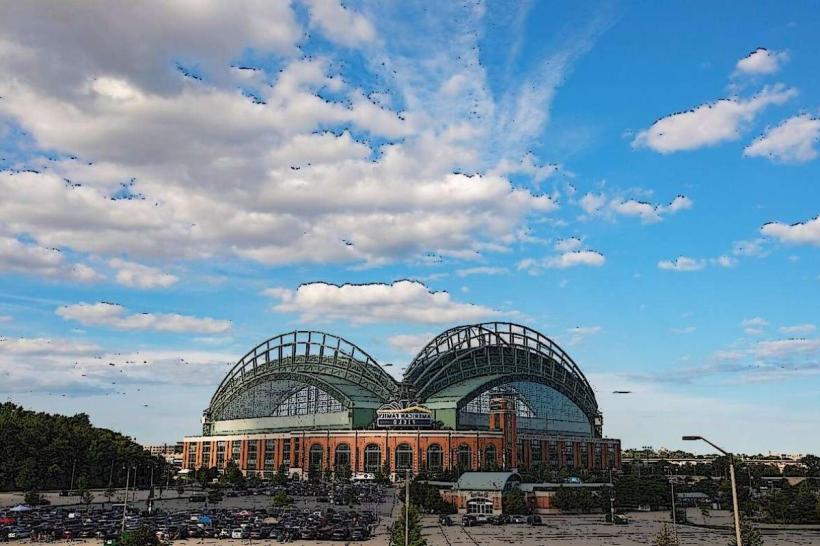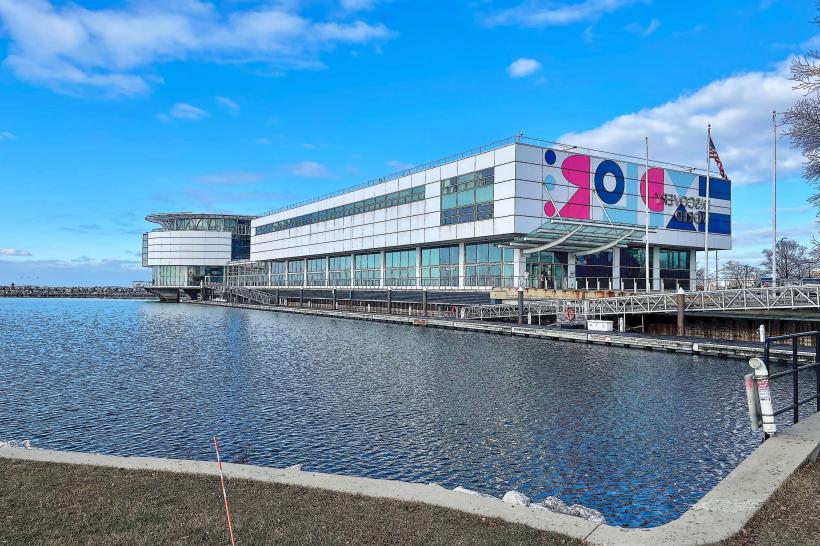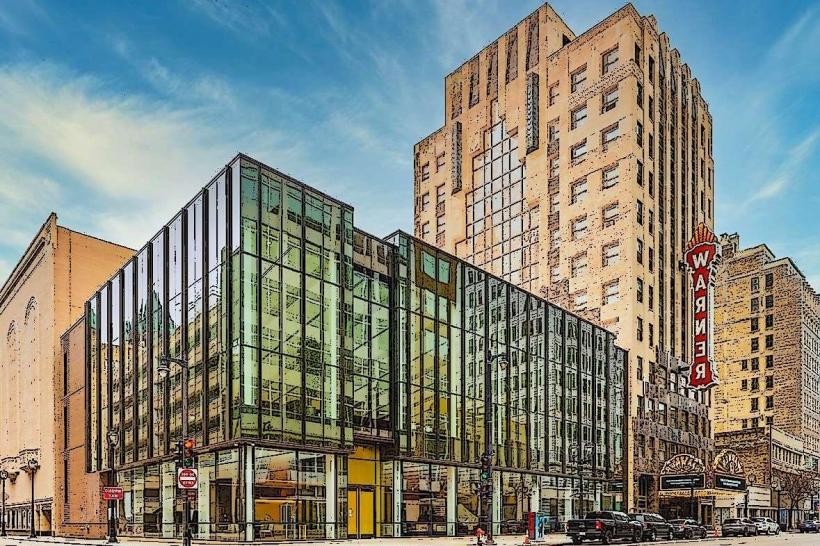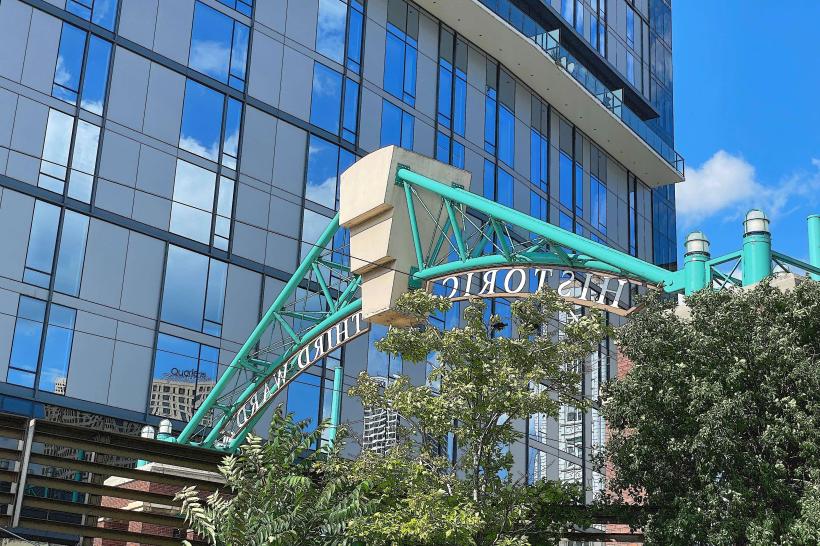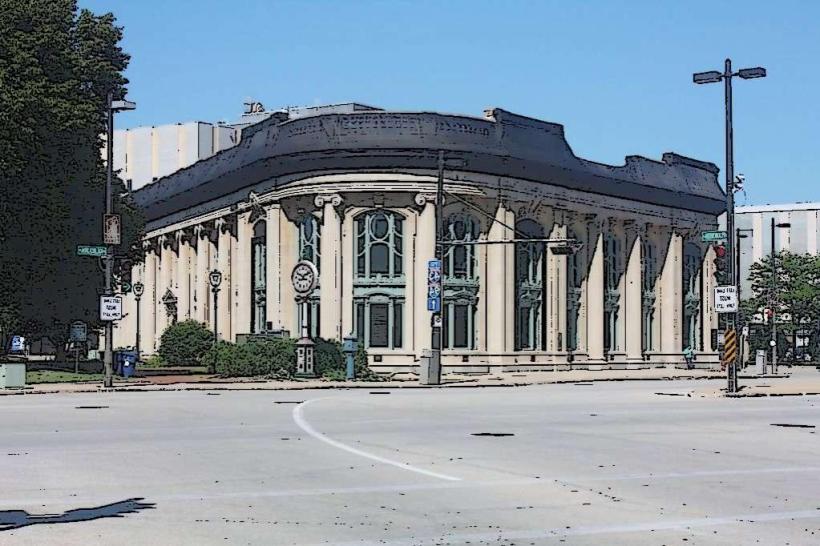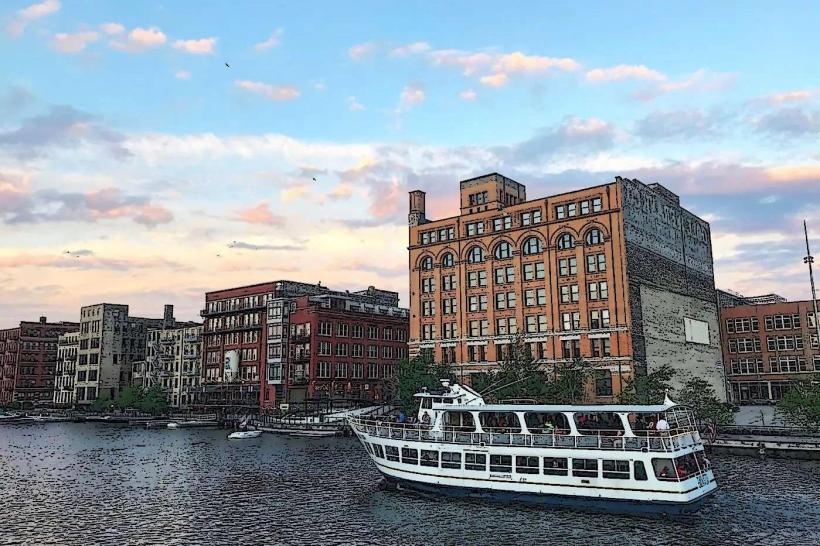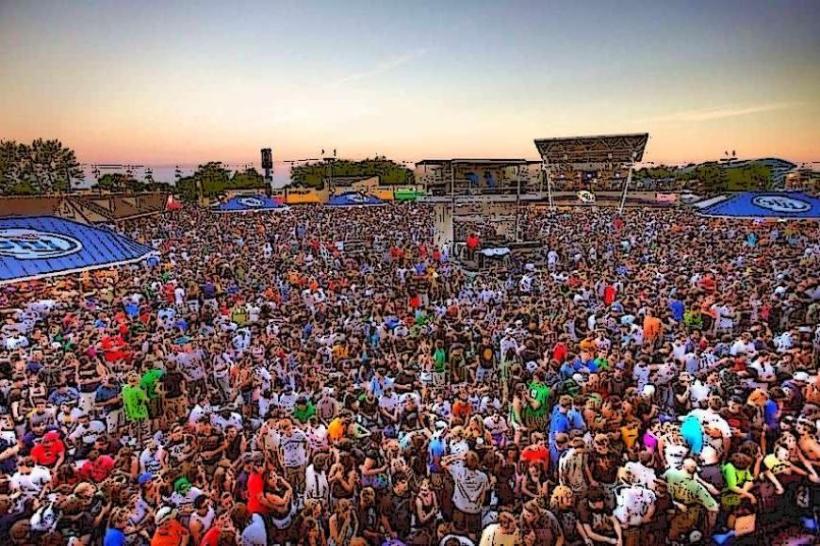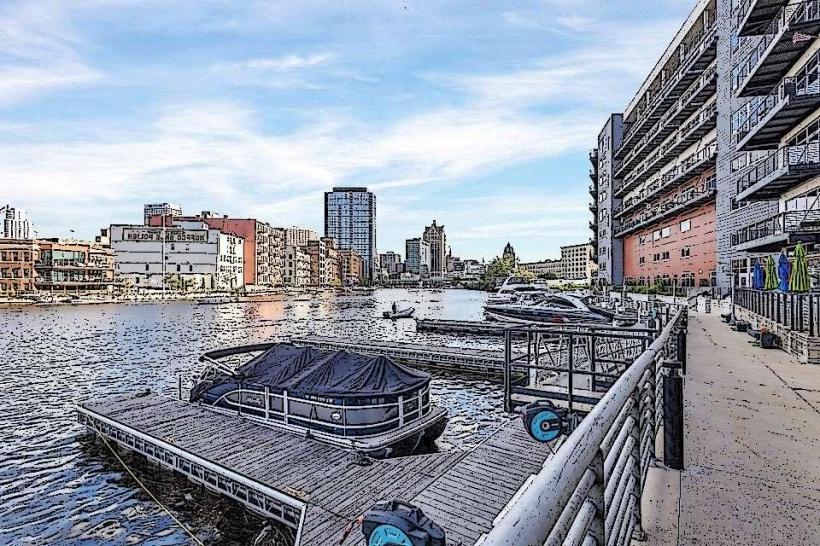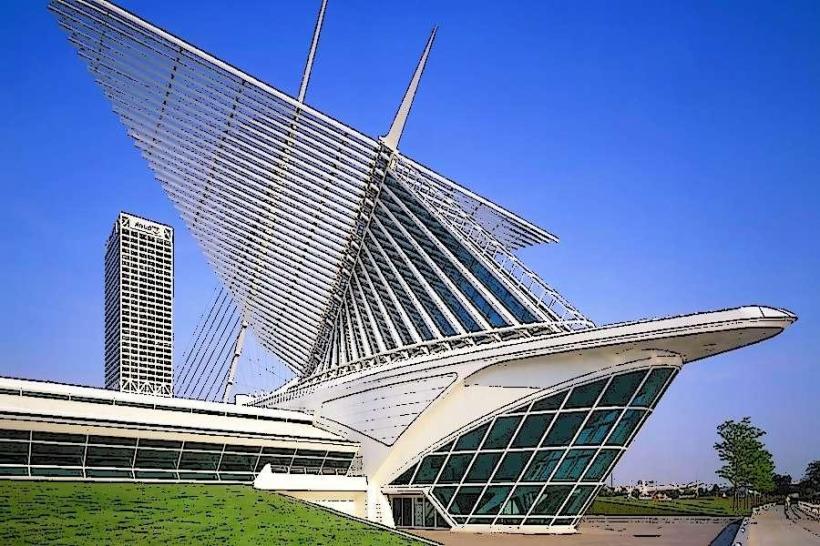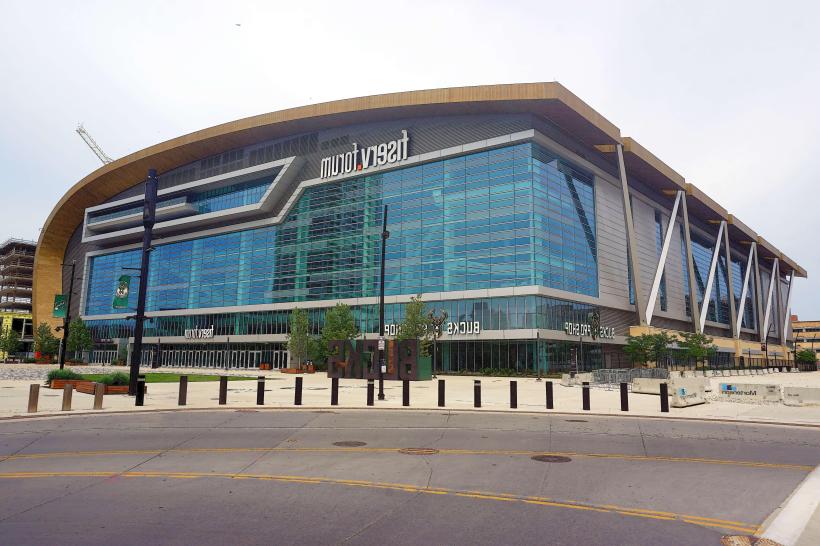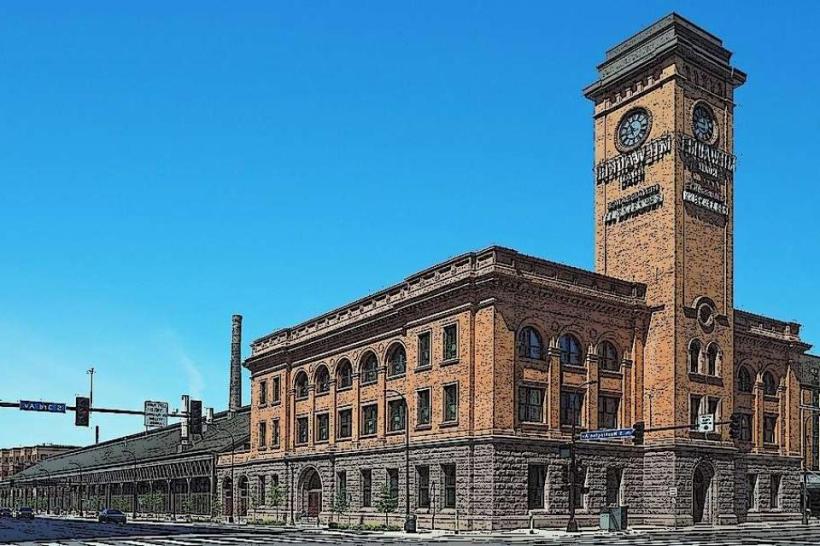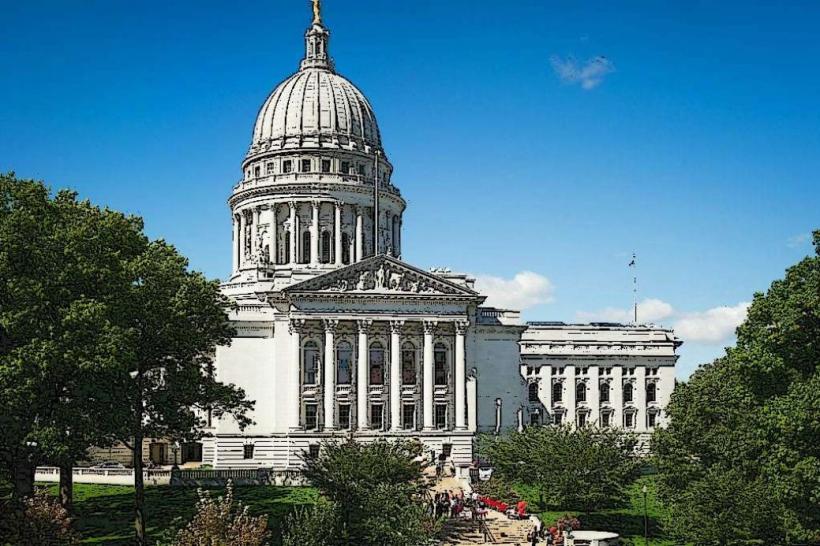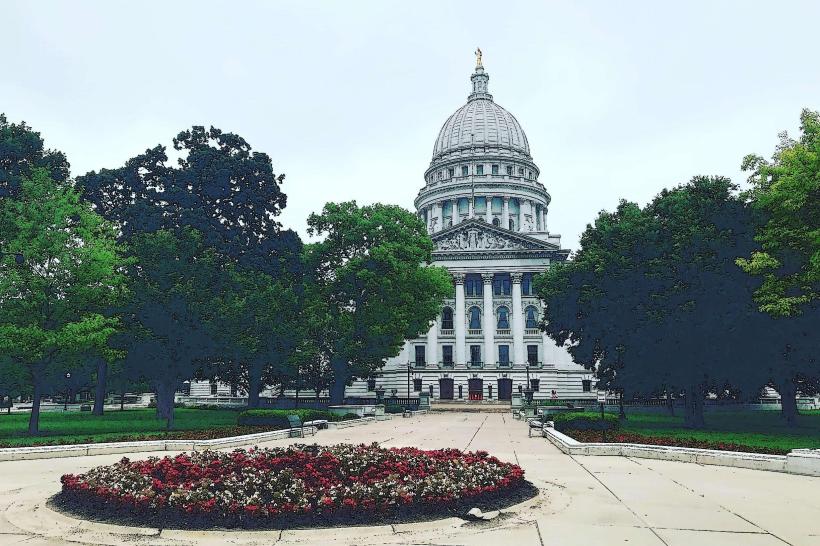Information
Country: USA WisconsinContinent: North America
USA Wisconsin, North America
Wisconsin is located in the Upper Midwest and Great Lakes region of the United States, bordering Lake Superior and Michigan to the north, Lake Michigan to the east, Illinois to the south, and Iowa and Minnesota to the west. The state is characterized by glaciated plains, the "Driftless Area" in the southwest, and over 15,000 lakes. The capital city is Madison.
History & Culture
Wisconsin was admitted to the Union in 1848 as the 30th state. Its history is defined by a progressive political tradition, its 19th-century lead mining boom (origin of the "Badger State" nickname), and its subsequent transition to a global leader in dairy and cheese production. Primary religious affiliations are Protestant (44%) and Roman Catholic (25%). Independence Day (July 4) is the primary national holiday. Social etiquette emphasizes "Midwestern Nice," a high cultural priority on tailgating and Green Bay Packers fandom, and a standardized 18–25% tipping expectation.
Language & Communication
The official language is English. English proficiency is universal. Spanish and Hmong are the most significant secondary languages. Local dialects include the Upper Midwestern accent, characterized by elongated vowels and the frequent use of the term "bubbler" for a drinking fountain.
Population & Economy
The population is approximately 5.96 million, with 70% urban and 30% rural distribution. Top three export commodities are industrial machinery, medical instruments, and electrical machinery. GDP per capita is approximately $72,500 USD. The economy is driven by manufacturing, healthcare (Epic Systems), and agriculture, with Wisconsin producing approximately 25% of all cheese in the United States.
Visa & Entry Policy
Effective January 1, 2026, under Presidential Proclamation 10998, visa issuance is suspended or restricted for nationals of 39 countries to enhance security vetting. Citizens of the UK, EU, and other Visa Waiver Program nations still require an ESTA for stays up to 90 days. There is no Visa on Arrival system. Customs enforcement at Milwaukee Mitchell International (MKE) is strict regarding the importation of agricultural products to protect the state's dairy and livestock industries.
Currency & Payment Systems
The currency is the United States Dollar (USD). Card payments and mobile "tap-to-pay" are universal in urban and suburban retail. Cash remains standard at small-town festivals, rural county fairs, and for small tips. ATM availability is high, with dense networks in convenience store chains like Kwik Trip and Casey's.
National Transport Grid
Intercity travel is dominated by the Interstate Highway System (I-94, I-90, I-43, I-39). Amtrak provides rail service via the "Hiawatha" (Milwaukee to Chicago), the "Borealis" (St. Paul to Chicago), and the "Empire Builder." Domestic and international aviation is anchored by Milwaukee Mitchell (MKE) and Madison Dane County (MSN). Long-distance bus transit is provided by Greyhound, Jefferson Lines, and Van Galder.
Digital Infrastructure
Major mobile network providers are Verizon, AT&T, and T-Mobile. 5G coverage is comprehensive in the Milwaukee-Madison-Green Bay corridor. 4G LTE is the standard in rural counties. 2026 digital forecasts indicate the initial rollout of Wi-Fi 8 prototype systems in high-density urban tech hubs. Signal attenuation occurs in the deep forests of the Northwoods.
Climate & Seasonality
The climate is humid continental, featuring hot, humid summers and very cold, snowy winters. Northern Wisconsin and lakeshore areas experience significant "lake-effect" snow. The wettest months are typically June and July due to convective thunderstorms. The driest months are January and February. Spring and Autumn are brief transition seasons with high temperature variability.
Health & Safety
No mandatory vaccines are required for entry. Specific environmental risks include extreme winter cold/wind chill, severe thunderstorms/tornadoes (primarily in spring), and tick-borne illnesses (Lyme disease) in wooded regions. The emergency number for Police, Ambulance, and Fire is 911.
Top 3 Major Regions & Cities
Southeastern Corridor (Industry/Brewing): Hub city is Milwaukee.
Isthmus Region (Government/Education): Hub city is Madison.
Fox River Valley (Paper/Sports): Hub city is Green Bay.
Local Cost Index
1L Water: $2.10 USD
1 Domestic Beer: $5.50 USD
1 Sim Card (Data Plan): $45.00 USD
Facts & Legends
The "Hodag" is a folkloric creature of Rhinelander, Wisconsin, described as having the head of a bull, the back of a dinosaur, and the tail of a dragon; first reported in 1893 as a prank by Eugene Shepard, it remains the official mascot of the city. Additionally, the Piasa Bird-a man-devouring avian monster from Illiniwek legend-is memorialized in bluff paintings along the Mississippi River border.

